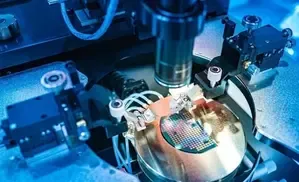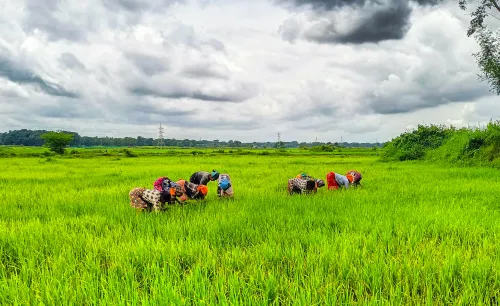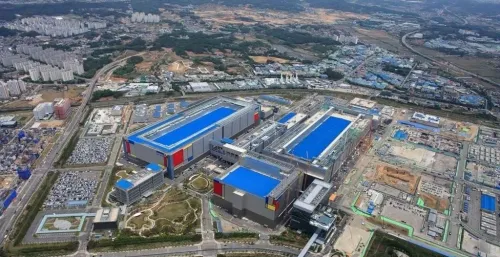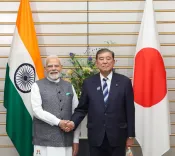South Korea's Ambitious Plan to Create 100 Advanced Industrial Materials in Five Years

Seoul, Dec 19 (NationPress) South Korea is determined to acquire technologies for 100 advanced materials related to the chip, biology, and various other industries within a span of five years, as stated by the science ministry on Thursday. This initiative is designed to enhance its own supply chains.
As per the Ministry of Science and ICT, the government will facilitate research and development projects aimed at the independent creation of 100 advanced materials, which includes 20 materials related to semiconductors, 23 battery materials, and 10 biomaterials, according to a report by Yonhap news agency.
Furthermore, the government has laid out a 10-year strategy to develop 100 materials for emerging technologies, such as artificial intelligence chips, quantum computing, robotics, and space technology, to maintain a competitive advantage over other nations.
This initiative arises as analysts evaluate that South Korea's technological proficiency in advanced materials is currently at 84 percent of the level found in the United States and is also behind that of China and Japan, as explained by the ministry.
Science Minister Yoo Sang-im remarked, "The advanced materials sector is a pivotal driver that influences the nation’s abilities in crucial strategic technology fields like semiconductors and secondary batteries."
"We will increase investment in materials technologies for both the present and future to proactively address any potential global supply chain disruptions," he added.
Meanwhile, the industry ministry of South Korea has recently announced that the country has commenced its first domestic manufacturing of filters utilizing nanotechnology, which is a significant step toward self-sufficiency of a critical product necessary for semiconductor production, according to Yonhap.
The production started at the factory of Synopex in Dongtan, located 40 kilometers south of Seoul, with a capacity that is adequate to fulfill the entire domestic demand, as reported by the Ministry of Trade, Industry and Energy.
Historically, South Korea has depended entirely on imports for this material, with an annual demand approximated at 8,000 units or 100 billion won ($69.5 million), as stated by the ministry.
The government has allocated 12.3 billion won for this project, aligning with its initiatives to expedite research projects that support the materials, parts, and equipment sectors while stabilizing supply chains.









